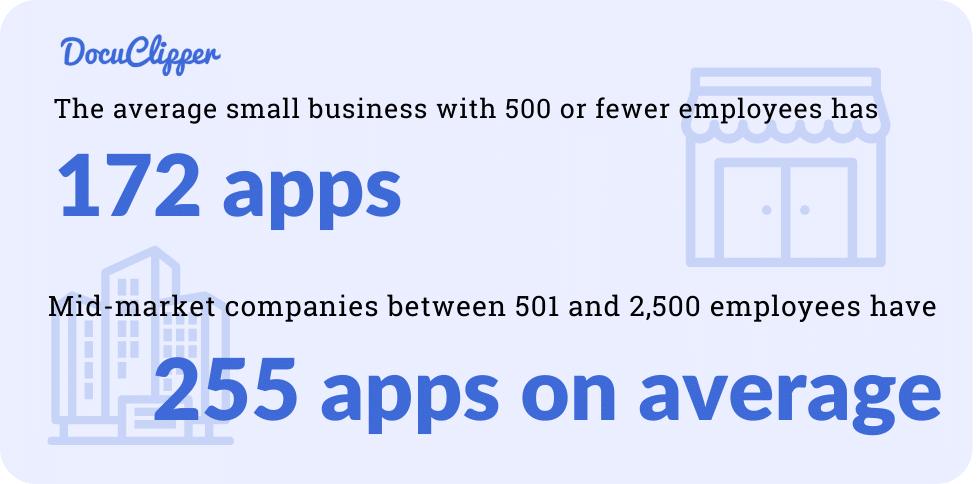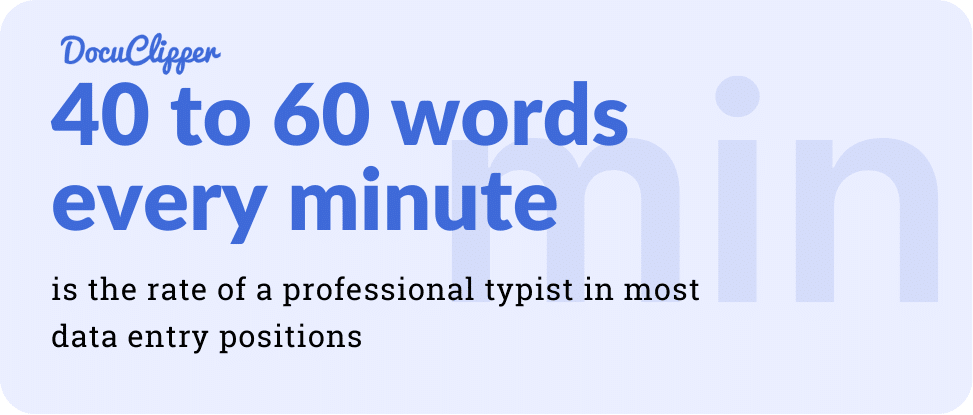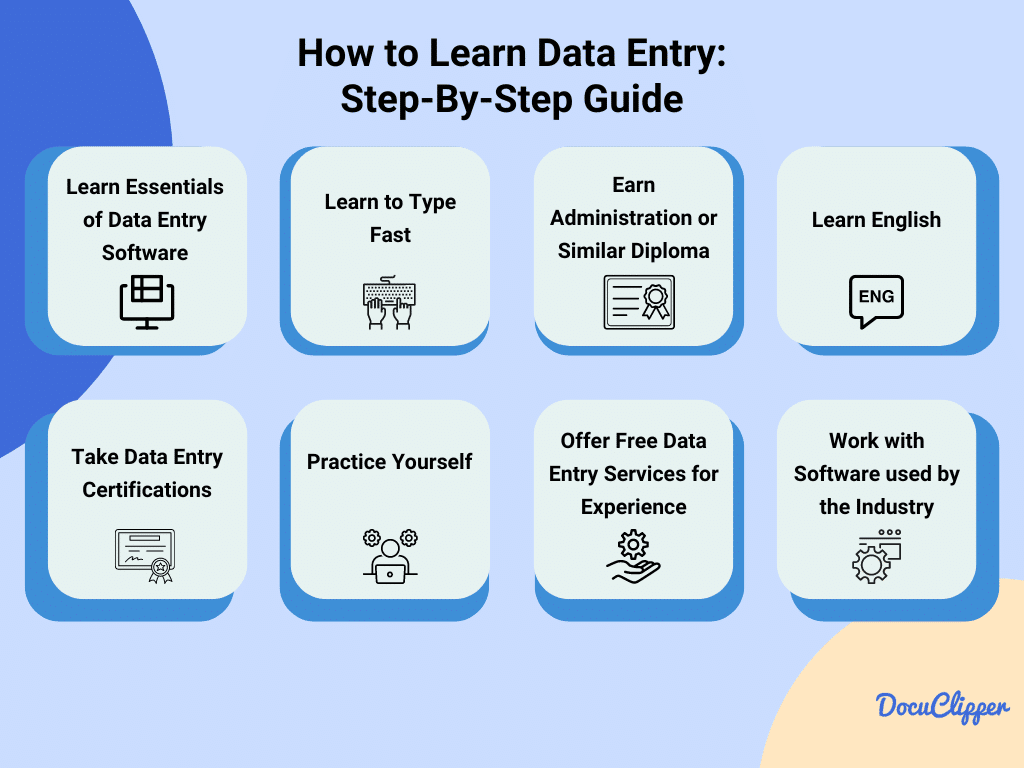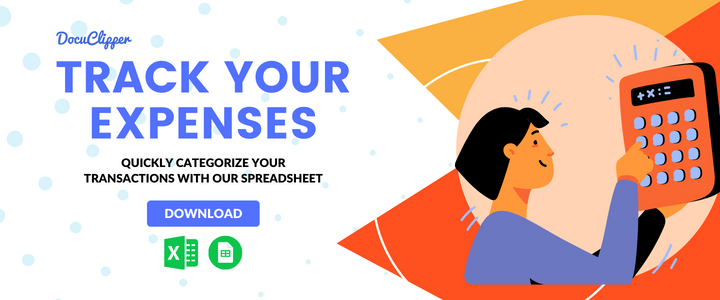Data entry is an integral part of many businesses specializing in processing information services and sifting through high volumes of data.
Despite the upcoming rise of technology, there are still many companies that actively seek data entry professionals.
In this article, we’ll talk about how to learn data entry and get a data entry job by learning what skills and software you need.
What is Data Entry?
Data entry involves human or software inputting data from various sources into computer systems or databases.
This task is crucial for updating, maintaining, and retrieving information efficiently as well as having a centralized source of truth.
Accuracy and speed are essential, as errors can lead to significant issues or losses.
However, this process can be repetitive and time-consuming, often requiring automation tools to improve productivity. For example, Image to Text Converter can be used to automate text extraction from images, documents, and more.
Despite its challenges, data entry is foundational for effective data management and analysis, serving as a key step in organizing vast amounts of information for businesses. It demands attention to detail and a methodical approach to ensure data integrity.
Why Businesses Need Data Entry?
Data entry is essential for businesses because it turns hard-to-use information like handwritten notes or PDFs into data that computers can process.
Or getting data from one software to another one.
The average small business with 500 or fewer employees has 172 apps. Mid-market companies between 501 and 2,500 employees have 255 apps on average. (Source)

Most don’t talk to each other resulting in siloed data across different applications with access to only selected people.
Therefore many businesses need to manually enter the data from one system into another in order to have a single source of truth.
Of course, then there is information being locked in PDF. For example, this could be a bank, credit card, brokerage statements, invoices, recipes, and many others.
That’s why businesses employ data entry clerks to help me bring all the data together.
Which allows businesses to organize their information, make better decisions, and use their data in useful ways.
With data entry, companies would find it easier to handle all the information they have, slowing down their work and growth. Even though it’s a crucial task, data entry can take a lot of time and needs careful attention to get right.
Why Is It Important to Learn Data Entry to Get Hired?
Actively learning data entry is key for getting hired because it’s the starting point of a business’s entire information-handling process.
While it might seem mundane, data entry is vital. It ensures that information is correctly and efficiently recorded, making it accessible and usable for decision-making and operations.
This skill can open doors to various opportunities, as it’s fundamental across industries.
Whether you work as an accountant, developer, research paper writer, data analyst, or anything else, data entry is present in almost any white-collar profession.
Employers value accuracy and speed in data entry because errors can disrupt business processes.
Mastering data entry also lays the groundwork for advancing to more complex tasks, making it a crucial first step in a career in data management or analysis.
Additionally, as the world is more and more digitally connected, data entry will become only that much more important.
What Skills Are Important for Data Entry?
Getting into a data entry job requires skills. Here are some of the necessary skills you need for getting a data entry job:
Typing
Typing quickly and accurately is crucial for efficient data entry. A skilled typist can reach speeds of 40 to 60 words per minute. Precision is key; even minor errors can result in significant financial setbacks for businesses.

This skill not only enhances productivity but also supports error-free communication and data management, critical components for any company’s success. As such, proficiency in typing is highly valued in the job market, emphasizing its importance in professional development.
Computer Knowledge
Having computer skills goes beyond typing, it’s about understanding how to use a computer effectively. Knowing how to operate software, navigate the internet, and troubleshoot basic problems is essential.
These skills enable you to work more efficiently and solve issues as they arise without relying on any support from technical personnel.
In today’s job market, computer literacy is a must-have, as it forms the backbone of most business operations. It’s not just about using a computer but making the most of it to improve productivity and contribute to your team’s success.
Program Knowledge (Typical Spreadsheet)
Data entry often involves working with numbers rather than just text. Proficiency in Excel and accounting software like QuickBooks or other industry-standard software is often necessary
These tools help manage and analyze numerical data efficiently. Understanding how to use spreadsheets and financial software not only makes the job easier but also significantly increases your value as an employee.
In many positions, these skills are not just preferred; they’re required. Learning them can set you apart in the job market and enhance your ability to contribute effectively to any team.
Self-Motivation
Data entry can be grueling and repetitive. However, self-motivation is crucial for maintaining a consistent pace and quality. Staying positive and finding personal satisfaction in your work helps overcome the monotony.
Setting short-term goals and recognizing your progress are effective strategies for staying motivated. Remember, your contributions are vital for the smooth operation of business processes.
Keeping this perspective can transform how you view your role, turning routine tasks into opportunities for personal achievement and professional growth.
How to Learn Data Entry: Step-By-Step Guide

If you think you can get on and confident with your ability to learn and adapt to data entry, here are some ways to do it:
Way #1: Learn Essentials of Data Entry Software
Data entry today relies heavily on various software tools. For example, bookkeeping data entry tasks often use OCR to turn bank statements into editable formats or automate receipt data entry
Additionally, accounting software and invoice converters streamline the processing of financial transactions. Familiarizing yourself with these tools is essential.
They not only make data entry more efficient but also enhance accuracy, saving time and reducing errors. This knowledge is a key skill for anyone looking to excel in data entry or related fields.
Way #2: Learn to Type Fast
In data entry, speed matters. Being able to type quickly is a significant advantage. There are numerous online programs designed to improve typing speed through practice.
Regular use of these tools can sharply increase your words per minute, making you more efficient and valuable in any data entry role.
Investing time in enhancing your typing skills is a straightforward way to boost your productivity and stand out in the job market.
Way #3: Earn Administration or Similar High School Diploma
Securing a diploma in administration or a similar field can significantly enhance your job prospects in data entry.
Such qualifications not only demonstrate your commitment to the profession but also provide you with auxiliary skills that improve your efficiency.
These additional skills can make you more versatile, allowing you to handle a wider range of tasks effectively.
A solid educational background sets you apart from the competition, making you a more attractive candidate to employers.
Way #4: Learn English
If you’re from a non-English-speaking country and aim to work for English-speaking companies, becoming proficient in English is crucial. This includes mastering grammar, punctuation, and sentence structure.
This is especially important because of open access to the largest market there is as most of the data are in English, inputted into tools with the English language as standard.
Moreover, most of your communication with your team will be in English as well.
Thus effective communication in English ensures you can understand and complete tasks accurately, collaborate with teams, and manage documentation without errors.
Improving your English skills opens up opportunities in global markets and positions you as a competent candidate in the competitive field of data entry.
Way #5: Take Data Entry Certifications
Pursuing data entry certifications is a strategic way to bolster your qualifications. Numerous certification programs, both free and paid, are available, with some being more recognized and valued by employers than others.
Obtaining these certifications demonstrates your expertise and commitment to the field, making you stand out in the job market.
Especially if you are not having any experience, having certifications can greatly improve your chances of landing a job.
It’s worth researching which certifications are most respected in your target industry or by potential employers to ensure your efforts align with your career goals.
Also, don’t do only one, but try to regularly complete new data entry and relevant courses that can help you.
For example, if your target industry is Finance, then having also certifications how to use QuickBooks can help you as well.
Way #6: Practice Yourself
Identify the specific sector of data entry you’re interested in, like healthcare, finance, or law, and start giving yourself practice assignments. This targeted approach helps you build relevant skills and knowledge.
Utilizing tools like ChatGPT for assignment ideas can further enhance your practice, making you well-prepared and confident for real job tasks.
Confidence stems from consistent practice and familiarity with the work you’ll be doing, ensuring you’re ready when opportunities arise.
Way #7: Offer Free Data Entry Services for Experience
Offering your data entry services for free can be a strategic move to gain experience, exposure, and valuable recommendations.
Alternatively, you can try applying for data entry jobs with no experience, as many employers are willing to provide on-the-job training for entry- level positions.
Consider asking an employer for a recommendation on professional platforms like LinkedIn or Freelancer in exchange for your services.
This approach can enhance your profile, making you more attractive to future employers. Recommendations serve as a testament to your skills and work ethic, significantly boosting your credibility in the job market.
Way #8: Learn to Work with Commonly Used Industry Data Entry Software
Familiarizing yourself with industry-standard data entry software is essential. DocuClipper is a popular tool used across various sectors, including accounting, bookkeeping, financial investigations, family law, and lending services.
In accounting, it helps review and reconcile bank statements to identify discrepancies. Its transaction categorization feature is invaluable for financial investigations and family law, aiding in fraud detection and determining alimony and child support payments.
Additionally, it assesses clients’ bank statements for loan eligibility. Learning to use DocuClipper and similar software enhances your skill set, making you a more versatile and valuable professional in data entry roles.

What’s Important in Data Entry?
In the field of data entry, certain skills stand out as critical for success. Here’s a breakdown:
Accuracy
Precision in data entry is non-negotiable. Incorrect data is essentially worthless and can lead to significant consequences. Every keystroke must be accurate to ensure the reliability of the information being processed.
Speed
Efficiency is key in data entry. The ability to process information quickly without sacrificing accuracy is valued. Timely delivery of tasks aligns with business demands and deadlines.
Confidentiality
Data entry professionals often handle sensitive information, including personal details, financial records, and confidential business data. A strong ethical standard is essential to ensure this information remains secure and private.
Reputation
A solid reputation as a fast, accurate, and trustworthy data entry specialist accelerates career growth. It makes you a preferred candidate for employers and clients alike, opening doors to more opportunities.
Final Advice
Data entry has transformed significantly, and embracing software solutions is now pivotal. It has been used to provide accuracy and timely output delivery that allows for a great reputation.
DocuClipper emerges as a revolutionary tool for anyone involved in accounting and bookkeeping data entry, offering unmatched accuracy, speed, and analysis capabilities.
With its ability to handle over 2 million bank formats globally and integrate seamlessly into your workflow, DocuClipper is the smart choice.
Don’t let manual data processing hold you back. Upgrade to DocuClipper today and experience efficiency like never before. Unlock the potential of your financial data with DocuClipper—where accuracy meets innovation.
FAQs About How to Learn Data Entry
Here are some frequently asked questions about learning data entry for a job:
Can I teach myself data entry?
Yes, you can teach yourself data entry through online tutorials, practice exercises, and utilizing data entry software tools. Consistent practice is key to developing proficiency.
How can I learn data entry easily?
Start with basic typing practice to improve speed and accuracy. Then, familiarize yourself with common data entry platforms and software through online courses and guides.
How do I train for data entry?
Train for data entry by practicing typing, learning software like Excel and database management systems, and completing online data entry courses or simulations.
How long will it take to learn data entry?
The time it takes to learn data entry varies, but with regular practice, basic skills can be acquired in a few weeks. Mastery takes longer, depending on effort and complexity.
Is data entry hard?
Data entry can be straightforward but requires attention to detail, accuracy, and speed. The difficulty lies in maintaining high accuracy over long periods.
How can I practice data entry at home?
Practice by entering data into spreadsheets or databases from various sources, using online tools for typing practice, and engaging in online courses that offer practical exercises.
Can I learn data entry online?
Absolutely. Many online platforms offer data entry courses ranging from beginner to advanced levels, covering typing, software usage, and data management techniques.
How do I start a data entry job?
Start by building your typing and software skills, then look for entry-level positions or freelance opportunities online. Highlight any relevant experience or certifications in your application.
How can a beginner do data entry with no experience?
Beginners should focus on developing typing speed and accuracy, learning basic software skills, and seeking opportunities that offer on-the-job training or don’t require prior experience.
How can I learn data entry for free?
Utilize free online resources, such as tutorials, MOOCs (Massive Open Online Courses), and practice tools, to learn typing, software skills, and data management basics.
Can I learn data entry on phone?
While some aspects, like typing practice, can be done on a phone, learning comprehensive data entry skills is more effective on a computer, where you can practice with actual data entry software.



